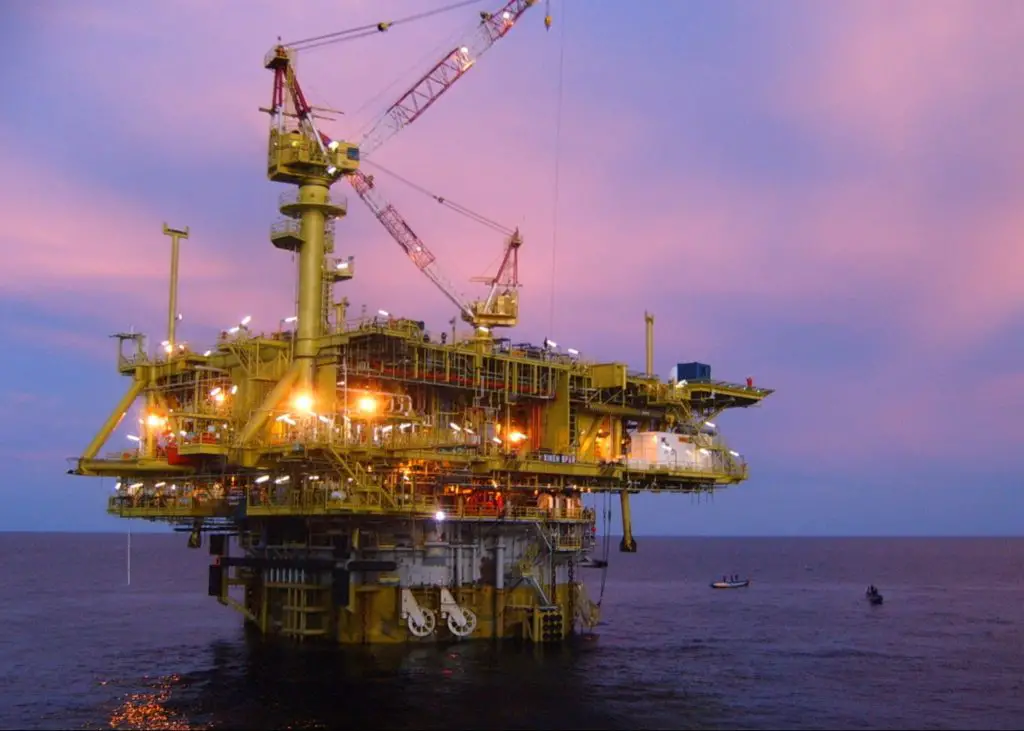A new contract has been awarded for the Raven gas project in the Mediterranean Sea, offshore Egypt. The contract was awarded to the Subsea Integration Alliance by bp and its JV partner Wintershall Dea.
Subsea Integration Alliance is a non-incorporated strategic global alliance between Subsea7 and OneSubsea, the subsea technologies, production, and processing business of SLB.
According to the contract, the company will thus develop a two-well tie-back in the West Nile Delta (WND) block. The scope of the project will include the engineering, procurement, transport, and installation of approximately six km of flexible pipes, umbilical, and associated subsea structures. The works will be carried out in water depths of around 800 meters.
Project management and engineering have already commenced. These will reportedly be managed from Subsea7 offices in France, the UK, and Portugal.
Overview of the Raven gas project
The Raven gas project represents the third stage of the US$ 9bn West Nile Delta (WND) development, which comprises five gas fields across the North Alexandria and West Mediterranean Deepwater offshore concession blocks.
It follows the Taurus and Libra project which started operating back in 2017, and the Giza and Fayoum projects which started operating two years later i.e. (in 2019).
In total, the WND development consists of 25 wells producing gas for the onshore plant via three long-distance subsea tiebacks. The onshore facilities have a total gas processing capacity of around 1.4 bcf/d, all supplied to the North African country’s national grid.
Reported earlier
Aug 2021
Raven gas project in the Mediterranean Sea, offshore Egypt, comes online
BP plc (formerly The British Petroleum Company plc and BP Amoco plc) has announced the start of operation for its Raven gas project located in the Mediterranean Sea, offshore Egypt.
The project started off with a plateau of nearly 600 million cubic feet of natural gas per day but is expected to reach 900 million cubic feet per day and 30,000 barrels per day of condensate.
The field’s gas is sent to a new onshore processing facility, situated alongside the existing West Nile Delta onshore processing plant.
“Working together with the Egyptian Ministry of Petroleum and our partners we can now explore the potential use of the West Nile Delta facilities for developing future infill and nearby exploration opportunities,” said Karim Alaa, the British multinational oil and Gas Company’s regional president for North Africa.
BP operates the WND with an 82.75% interest while the remainder is controlled by the Wintershall Dea, Europe’s leading independent natural gas and Oil Company.

Leave a Reply